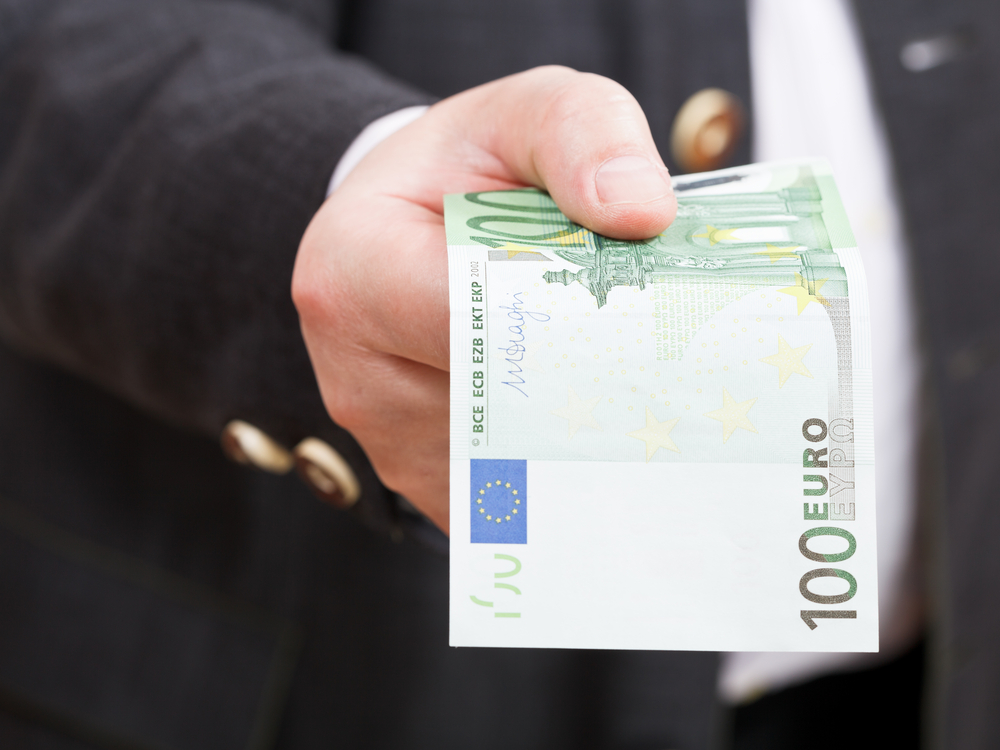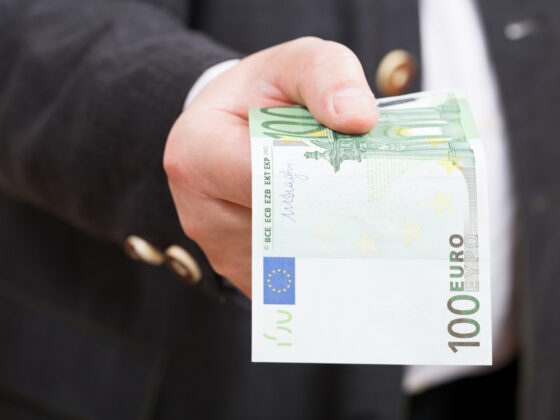New rules will allow banks to swap info on all payments over €100


The government is planning to allow banks to swap information about every transaction of more than €100 that its customers make in a further effort to combat money laundering and criminal cash flows.
MPs are due to debate the government’s latest plans to crack down on money laundering and the financing of terrorism later on Thursday, but the €100 limit has come in for major criticism from some MPs already.
The idea is simple. Criminals seldom use just one bank and by putting all €100 plus transactions – anonymously – in one pile, it should be possible to detect patterns in cash flow which could lead to criminal gangs or terrorists.
All odd or suspect payments should then be reported to the authorities for investigation.
However, the Dutch privacy watchdog Autoriteit Persoonsgegevens has described the move as a ‘form of mass surveillance’ which makes ‘any deviation from the norm’ suspect.
MPs too have said the measure goes too far.
Finance minister Sigrid Kaag said earlier this week that the €100 lower limit could be raised if there are good arguments to do so.
The banks, which say combatting money laundering is costing them €1.4 billion a year, have welcomed the move. The Dutch banking association said last December that increasing the limit could lead to important signs of money laundering being missed.
‘Criminals often divide up large amounts to hide its origins,’ the NVB said.
Thank you for donating to DutchNews.nl.
We could not provide the Dutch News service, and keep it free of charge, without the generous support of our readers. Your donations allow us to report on issues you tell us matter, and provide you with a summary of the most important Dutch news each day.
Make a donation